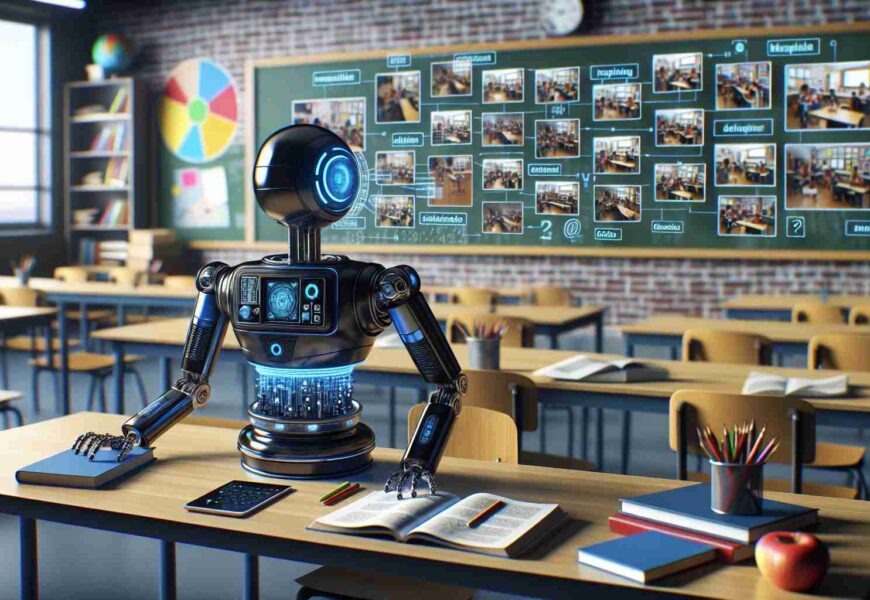In recent developments, Laguna Beach High School administrators have initiated an inquiry into the production and dissemination of “inappropriate images” of students utilizing artificial intelligence (AI). While specific particulars remain undisclosed, the school is promptly taking steps to confront the issue and ensure it serves as an educational opportunity for students regarding responsible conduct and mutual respect.
The occurrence at Laguna Beach High School is not an isolated incident. Educational institutions nationwide are contending with the utilization of AI technology in academic and social environments. The advent of deepfake technology, which merges authentic images with AI algorithms, has resulted in the generation of deceitful images featuring simulated nude forms.
For example, earlier this year, five eighth-graders from Beverly Hills faced expulsion for participating in the creation and distribution of fabricated nude photographs of their peers through the application of deepfake technology. Subsequently, these images were disseminated via messaging platforms. These occurrences underscore the pressing necessity for dialogue and intervention to address the potential harm stemming from manipulated visual content.
It is essential to recognize that AI-generated images are not exclusively aimed at adolescents. In January, sexually explicit depictions of Taylor Swift produced by AI were circulated on social media, eliciting public outrage and demands for legislative safeguards against the generation and sharing of deepfake imagery.
Legislators at both the federal and state levels are commencing efforts to tackle this issue. Various bills have been put forth, including the Preventing Deepfakes of Intimate Images Act, which seeks to criminalize the production and distribution of AI-generated sexually explicit material without consent. Additionally, the DEFIANCE Act aims to empower victims to pursue legal action against the creators of deepfakes in cases where consent was not obtained.
School districts are actively addressing the challenges posed by AI technology. For instance, the Orange County Department of Education has initiated regular meetings with school districts to deliberate on the utilization of AI and explore effective integration strategies within the educational framework.
Nevertheless, experts caution that the issue of manipulated imagery is escalating in prominence as AI technology becomes more pervasive and user-friendly. The amalgamation of AI and social media platforms, extensively utilized by teenagers, engenders a multifaceted and demanding landscape. The distorted perception of appearance and societal norms perpetuated by social media can have adverse effects on young individuals.
In response to the incident, Laguna Beach High School intends to conduct panel discussions on AI-generated content, involving diverse professionals such as school resource officers, counselors, psychologists, and digital media experts. These discussions are designed to enlighten students about the ramifications of AI technology and foster a positive and supportive atmosphere on campus.
As this matter continues to evolve, collaboration between schools and communities is imperative to address the challenges posed by counterfeit and manipulated visual content. By educating students on responsible behavior, nurturing critical thinking abilities, and enforcing suitable disciplinary measures, we can combat the adverse repercussions of AI-driven misuse and cultivate a safer and more respectful environment for all.
For further insights on deepfake technology and its impacts, please refer to The Verge.
To delve into details about the Preventing Deepfakes of Intimate Images Act, kindly explore GovTrack.us.
Explore the endeavors of the Orange County Department of Education and their initiatives concerning AI in education on their official website.










